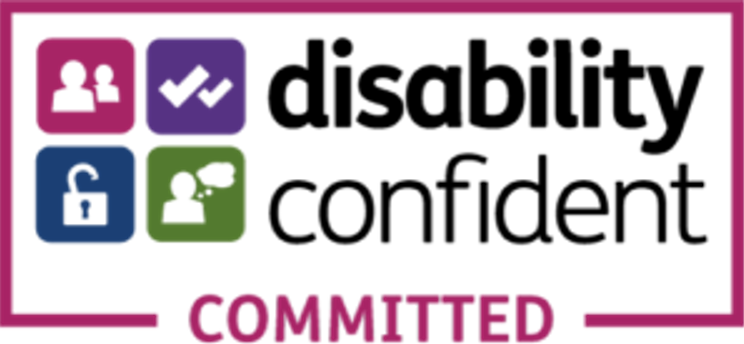Summary Care Record
There is a new Central NHS Computer System called the Summary Care Record (SCR). It is an electronic record which contains information about the medicines you take, allergies you suffer from and any bad reactions to medicines you have had.
Why do I need a Summary Care Record?
Storing information in one place
makes it easier for healthcare staff to treat you in an emergency, or when your GP practice is closed.
This information could make a difference to how a doctor decides to care for you, for example which medicines they choose to prescribe for you.
Who can see it?
Only healthcare staff involved in your care can see your Summary Care Record.
How do I know if I have one?
Over half of the population of England now have a Summary Care Record. You can find out whether Summary Care Records have come to your area by looking at our interactive map or by asking your GP.
Do I have to have one?
No, it is not compulsory. If you choose to opt out of the scheme, then you will need to complete a form and bring it along to the surgery. You can use the form at the foot of this page.
Ask your doctor to include additional information on your SCR
You can add more information to your SCR by asking your doctor. They can add extra details from your medical notes, including:
- health problems like dementia or diabetes
- details of your carer
- your treatment preferences
- communication needs, for example if you have hearing difficulties or need an interpreter
This will help medical staff care for you properly, and respect your choices, when you need care away from your GP surgery. This is because having more information on your SCR means they will have a better understanding of your needs and preferences.
When you are treated away from your usual doctor’s surgery, the health care staff there can’t see your GP medical records. Looking at your SCR can speed up your care and make sure you are given the right medicines and treatment.
More Information
For further information visit the NHS Care records website or the NHS Digital
Your Data Matters to the NHS
How your data is used
Your health and care information is used to improve your individual care. It is also used to help us research new treatments, decide where to put GP clinics and plan for the number of doctors and nurses in your local hospital. Wherever possible we try to use data that does not identify you, but sometimes it is necessary to use your confidential patient information.
What is Confidential Patient Information?
Confidential patient information identifies you and says something about your health, care or treatment. You would expect this information to be kept private. Information that only identifies you, like your name and address, is not considered confidential patient information and may still be used.
Who can use your Confidential Patient Information?
It is used by the NHS, local authorities, university and hospital researchers, medical colleges and pharmaceutical companies researching new treatments.
What should you do next?
You do not need to do anything if you are happy about how your confidential patient information is used. If you do not want your confidential patient information to be used for research and planning, you can choose to opt out securely online (click here) or through a telephone service (0300 303 5678).
The practice complies with data protection and access to medical records legislation. Identifiable information about you will be shared with others in the following circumstances:
- To provide further medical treatment for you e.g. from district nurses and hospital services.
- To help you get other services e.g. from the social work department. This requires your consent.
- When we have a duty to others e.g. in child protection cases anonymised patient information will also be used at local and national level to help the Health Board and Government plan services e.g. for diabetic care.
If you do not wish anonymous information about you to be used in such a way, please let us know.
Reception and administration staff require access to your medical records in order to do their jobs. These members of staff are bound by the same rules of confidentiality as the medical staff.
How we use your personal information
This policy explains why GP practices collect information about you have how that information may be used.
Freedom of Information
Information about the General Practitioners and the practice required for disclosure under this act can be made available to the public. All requests for such information should be made to the practice manager.




